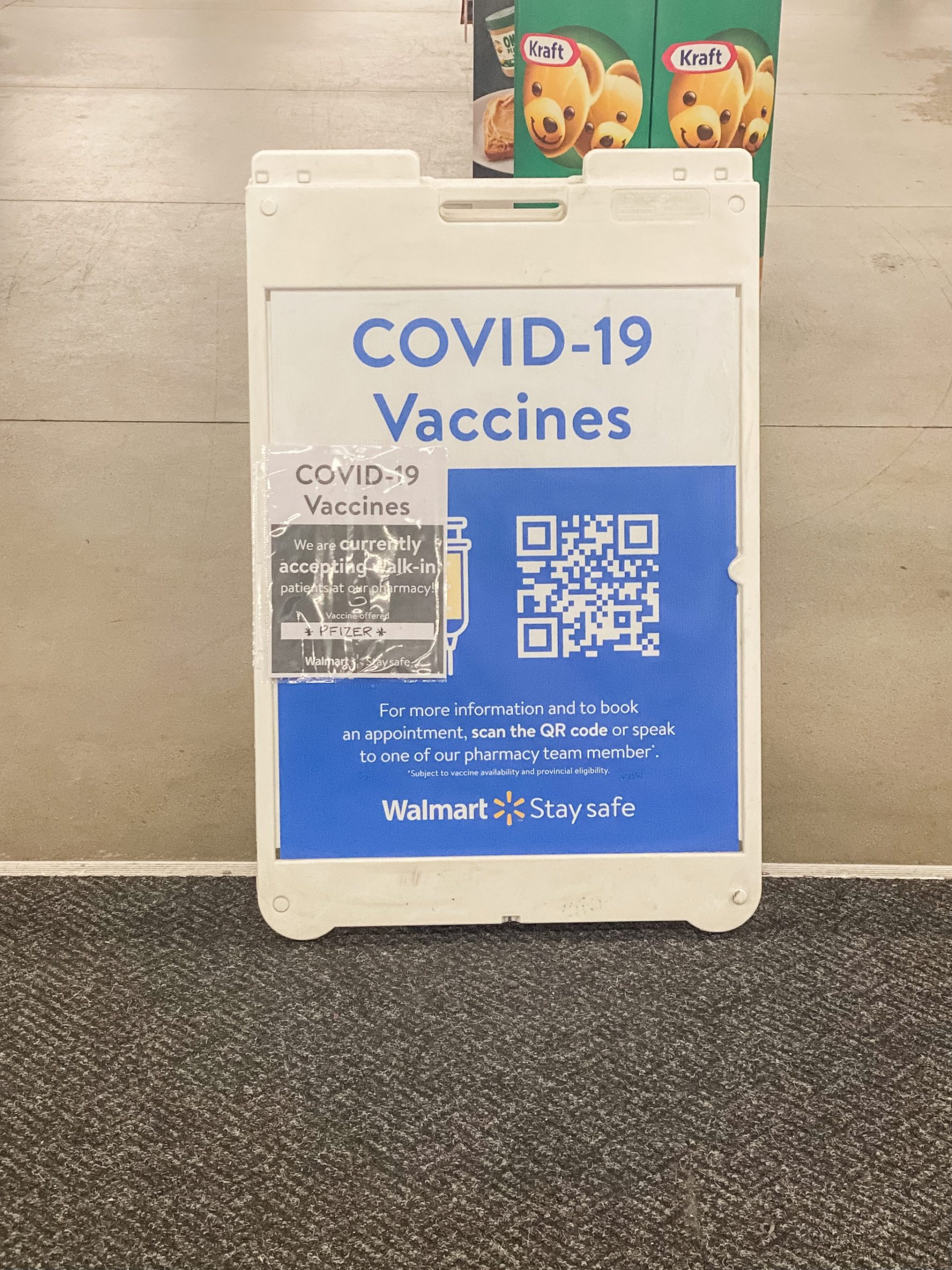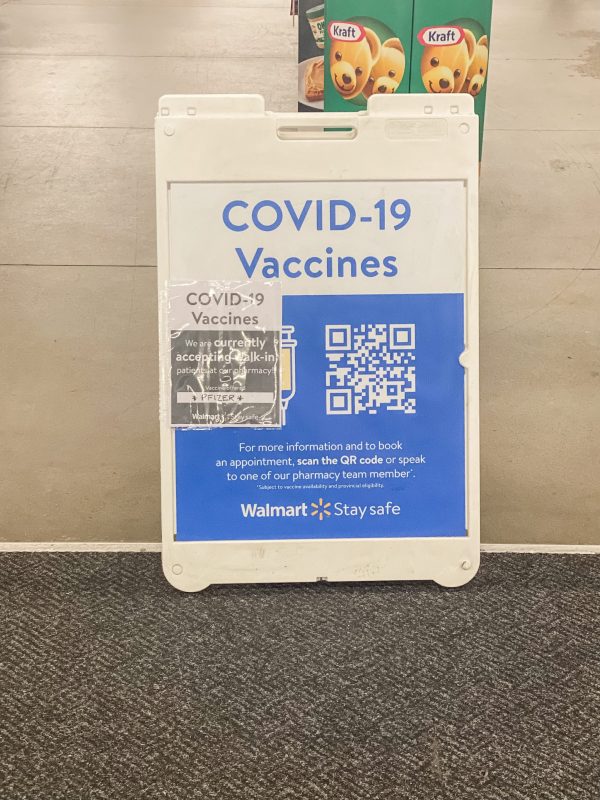Public support for vaccine passports is rising in Canada


According to data collected by Angus Reid in early September, seven out of ten Canadians supported some form of a vaccine passport, a policy which would limit access to certain in-essential services unless proof of vaccination is given.
Wilfrid Laurier University has its own form of a vaccine passport through the SAFEHawk app. Several other countries have already adopted such a policy and Ontario can expect its own province-wide on Sept. 22.
This happens as Canada prepares to enter a possible fourth wave of COVID-19, fueled by variant cases and primarily affecting the unvaccinated.
The rise of support for passports is likely due to increased rates of vaccinations and, what most can sympathize with, pandemic fatigue.
“I think that what we have is gradually — as people are getting more and more tired, as their financial hardships are maybe increasing, as their mental health issues are increasing — that we’ve seen support has gotten larger,” Laurier associate professor of communication studies Penelope Ironstone said.
There is also the fact that it may make reopening certain services easier, easing the burden the pandemic has placed on some businesses.
“The idea is that a vaccine passport, where you can have some certainty about the people who are, for example, entering establishments, puts people somewhat at ease,” she said.
While it may seem unprecedented, and it does have some political opposition, in theory it’s not too different from what you might already carry in your wallet.
Ironstone noted how vaccine passports could be understood as granting benefits, rather than restricting access. She compared it to a driver’s license, or even a Laurier OneCard.
“We take for granted the fact that you need to have a driver’s license because health and safety supersede my desire to drive when I don’t know how to,” Ironstone said.
Despite increasing levels of support, there is still much nuance when it comes to designing a vaccine passport. Namely, those who it might exclude.
Religious and medical reasons to remain unvaccinated, which the Laurier SAFEHawk app provides for, are some things to consider when creating such a policy.
“It’s very important to make sure you’re not building up spaces where particular people will not be invited,” Ironstone said.
Should vaccine passports be implemented smoothly, Ironstone believes their support, and vaccination rates, may continue to grow.
“I think what you’ll see is an increase in the rate of vaccination for those who were just a bit hesitant,” she said.
“I do think access to things that people care about that are not deemed essential but are valuable, things like access to gyms, access to places for socializing, […] that that’s going to have a positive effect.”

